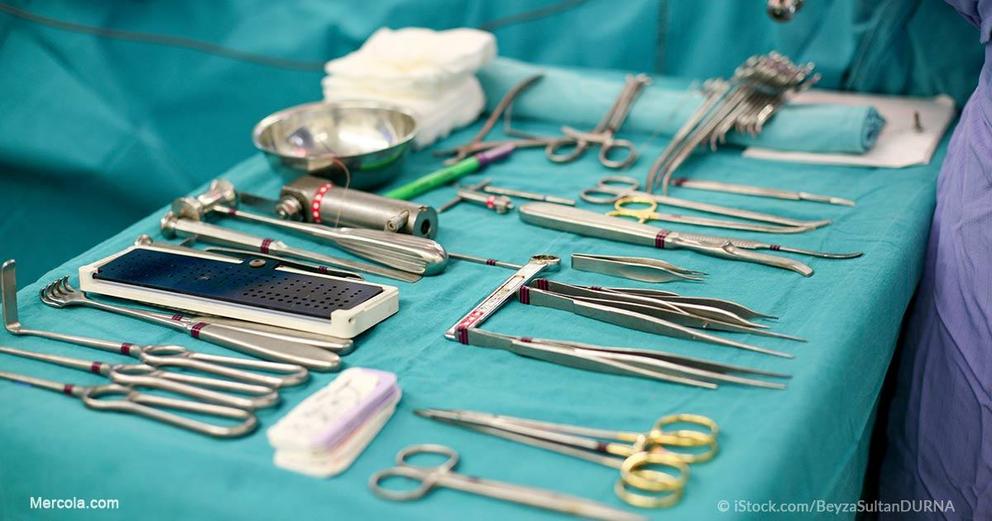Device keeps organs alive for 24 hours to save more lives
Up until now, a donated heart had to be transplanted within six hours of donation in order for it to function in another human being. But a new device has changed that, and the result could be thousands of lives saved.
Called ULiSSES, the device was brought to life by experts at UT Health San Antonio, following over 30 years of research. Small enough to fit into a carry-on suitcase, the device replicates conditions of the body in order to keep a donated heart alive for a longer period of time. Once a heart is placed into ULiSSES, it’s sealed in a small cylinder and fed with oxygen-rich fluid kept at a temperature of 4 C. A mix of saltwater, potassium, sodium, glucose and other compounds, the liquid is readily available in many hospitals.
The device could potentially save thousands of lives — or more — by removing limitations and making it possible for organs to be transported across state lines and even across oceans, to be delivered to recipient matches around the country.
Leonid Bunegin, who worked on the device for over three decades, explained, “Currently, organs are transported in an ice chest and there is a race to get it where it needs to be because, with each second that passes, the organ deteriorates because it is not getting oxygen, so the tissue begins to die. But the device [we] created uses nutrient-rich solution and oxygen to keep the organ healthier for longer.”
“In addition to preserving the organ, the solution used also works to pull out any bacteria [or] fungi by passing it through a specifically designed filter so that any pathogens are undetectable when the organ is ready for transplant,” Bunegin said. “When a limb gets blown off in combat, it ends up in the dirt and you have a contaminated limb. This device addresses that.”
“This is just the beginning,” he added. “We haven’t even started saving lives yet, but the exciting thing is that we know we will.”

